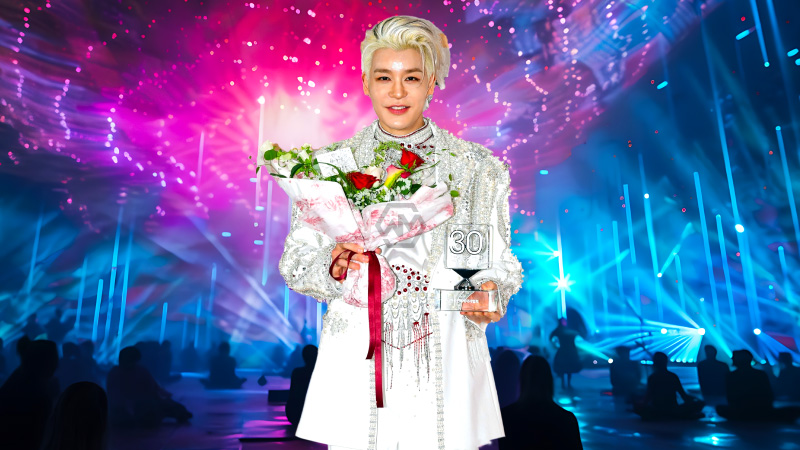- Kang Sunghoon’s attendance at the 30th Dream Concert drew mockery from netizens.
- His departure from Sech Skies was marked by scandals, including accusations of fraud.
- Fans of K-Pop reflect on the complex dynamics between veteran and newer idols.
Kang Sunghoon, former member of the iconic K-Pop group Sech Skies, made headlines for his presence at the 30th Dream Concert, where he faced considerable backlash from netizens.
His history of controversies, including allegations of scamming fans and making derogatory comments about newer idols, led many online to mock his participation in the event.
The Divided Opinions Surrounding Kang Sunghoon’s Return
The Dream Concert featured an impressive lineup, celebrating three decades of K-Pop with performances from several fifth-generation groups alongside established names. While the event aimed to foster a spirit of unity among artists, Kang Sunghoon’s attendance served as a reminder of the lingering tensions within the fandoms. Netizens’ reactions reflect a broader conversation about respect, accountability, and the generational divide in the K-Pop industry, especially regarding idols’ conduct and public image.
The presence of both veteran and fifth-generation groups at the Dream Concert also highlights the evolving landscape of K-Pop. While the industry has expanded significantly, fostering new talent and diverse concepts, the relationship between old and new idols remains fraught with tension. Fans often express loyalty to their preferred artists, creating divisions that complicate the narrative of unity often promoted during events like the Dream Concert.
As discussions about idol behavior and public accountability continue to unfold, Kang Sunghoon’s experience serves as a case study in how past actions can shape current perceptions. His attendance at a high-profile event illustrates the challenges former idols face in reclaiming their place in a rapidly changing industry. The reaction to his presence reflects a broader conversation about the implications of celebrity behavior and the expectations placed on idols by their fans.
Ultimately, Kang Sunghoon’s mockery at the concert encapsulates the ongoing struggle between legacy and reinvention in K-Pop. As the industry progresses, the question remains: can idols with controversial pasts successfully navigate their way back into the hearts of fans, or will the shadow of their actions continue to overshadow their careers?
Kang Sunghoon’s controversial presence at the 30th Dream Concert highlights the complexities of idol culture, revealing the challenges of redemption in the ever-evolving K-Pop landscape.
“The past actions of idols can create a divide that complicates their reintegration into the fandom.”



